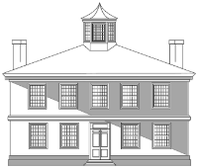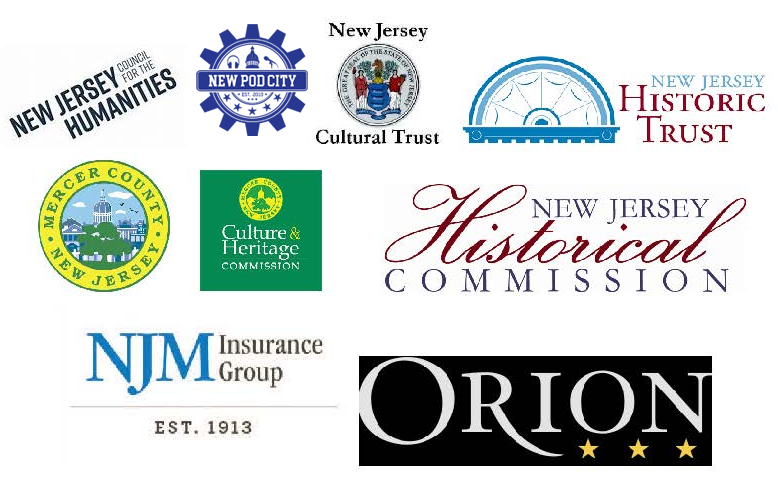Bring Your Students
|
The educational objective of the Trent House School Tour Program is to provide students with a basic understanding of the everyday life of the household of an elite family in the early 18th century and to compare the customs and practices of the time with lifestyles children are familiar with in their own world.
During their visit, students will be introduced to William Trent, a wealthy merchant, judge, and founder of the city of Trenton, and to members of his household. William Trent came to Philadelphia as a young man in the late 1600s and established a successful shipping business. His ships traded with the other American colonies, the West Indies, and England. Based on his trade ledgers from 1703 to 1708, we know that he bought goods such as rum, molasses, and sugar from the West Indies and lumber and other raw materials from the American colonies to England. While we do not know whether his ships brought captured Africans to the Americas, the ledgers do record the sale and purchase by Trent of enslaved people in transactions with other wealthy elite men of Philadelphia. Mary Coddington Trent, who Trent married after the death of his first wife, was an orphaned young woman of means under the care of Anthony Morris, a wealthy business associate of Trent. While their dates of birth are not known with certainty, it is likely that Trent was in his mid-40s and Mary was in her late teens. When Trent died suddenly on Christmas Day 1724 and left no will, Mary brought a law suit against the eldest son from Trent’s first marriage to secure her dower rights to one-third of the estate. The inventory of Trent’s property at the time of his death lists eleven enslaved people of African descent – 6 adult men (Yaff, Harry, Bossin, Julius, Pedro and Cupid), 1 adult woman Joan, 2 boys Bob and Dick and 1 girl Nanny (all probably between 9-10 and 14-15 years old), and a male child Tom. Some of these enslaved people are represented by mannequins in the house and the life of enslaved people is discussed during tours. During tour of the house and depending on the time available for the tour, students will be guided through the parlors on the first floor, bedrooms on the second floor, and the open-hearth kitchen and storeroom in the basement. The house is furnished with reproduction and antique furniture of the period and items of daily use that illustrate how the rooms were used. Mannequins in the house are dressed appropriate to their age, gender, and status. Each room has some items that students can touch. Throughout the tour, students are encouraged to answer questions specific to each room, based on what they observe, see on a poster, or hear from the tour guide. Students will be provided with clipboards, pencils, and questions organized by room. The William Trent House educational experience is designed for groups studying local and state history in grades 3 through 8, and is particularly appropriate as part of the social studies curriculum. Home school groups, camp programs and public, private and charter schools are most welcome. Weather permitting, students may eat their lunch on the grounds of the Trent House. Benches and tables are available in the gardens; reservations are required. To schedule a Field Trip at the Trent House please call 609-989-3027 or complete the information on the Contact page. |
Group size:
Upon request:
|










